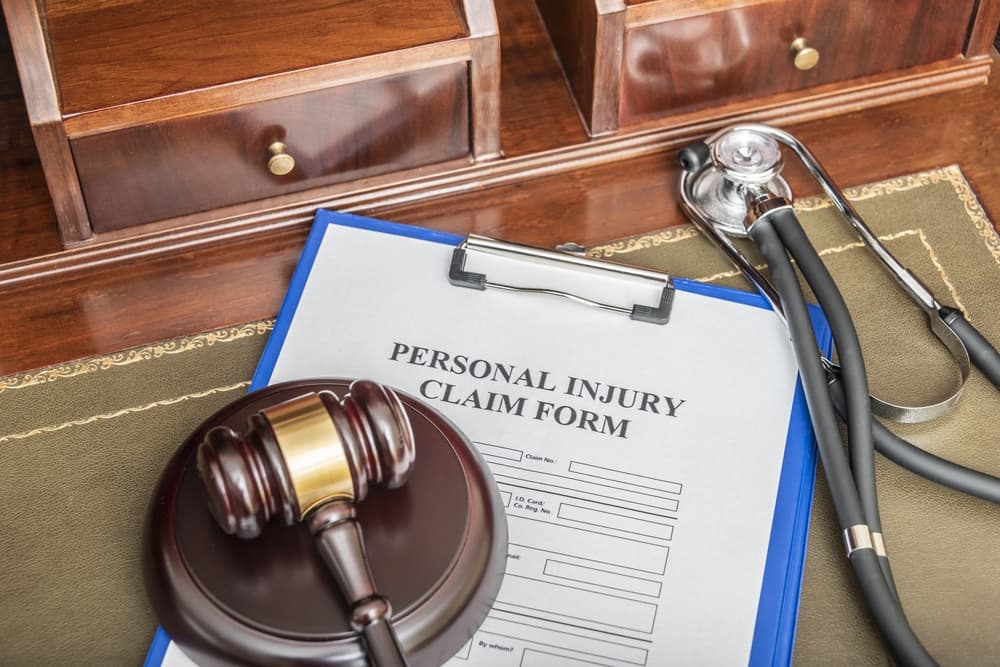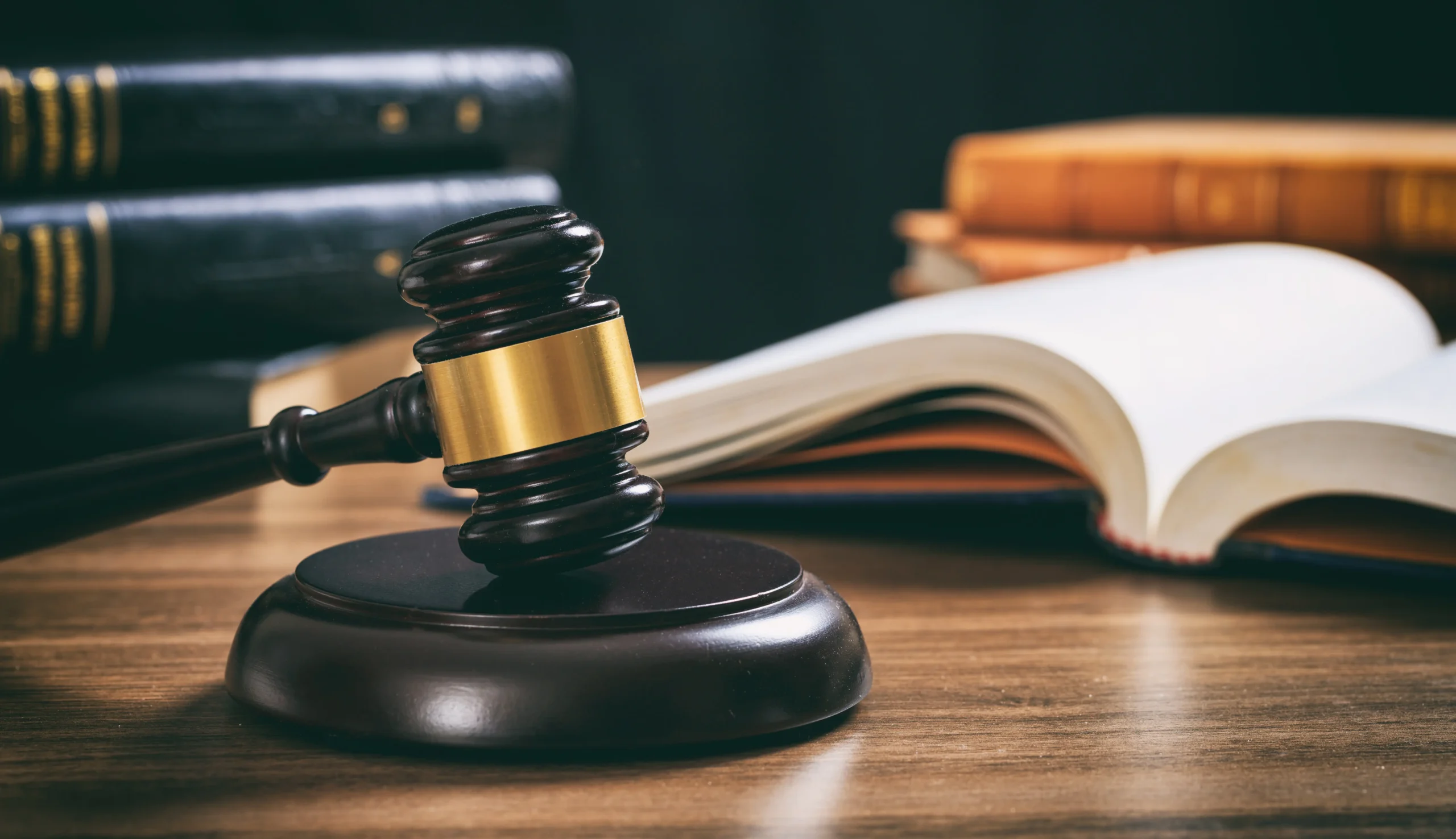A Brooklyn jury awarded Mr. Vargas $17.5 million for the City of New York’s violation of his civil rights for failing to provide him medical care while in custody. The jury found that the police officers involved failed to provide the necessary medical treatment and awarded $17.5 million to Mr. Vargas.
Recommended Articles
Categories
- Accidents
- After an Accident
- Compensation
- Firm News
- Insurance Claims
- Lawsuits
- New York Car Accident Resources
- New York Medical Malpractice Resources
- New York Motorcycle Accident Resources
- New York Nursing Home Injury & Abuse Resources
- New York Truck Accident Resources
- Personal Injury
- Workplace Injury
Practice Areas
Get A Free Case Evaluation
Steps in a Personal Injury Lawsuit
 Personal injury claims allow injured people to seek compensation for their losses in situations where someone else harmed them. In most cases, the claimant and the insurance company can come to an agreement about the amount of money the injured party deserves to receive. However, if the insurance company denies or undervalues your claim, a personal injury lawsuit may be the only way to recover the compensation you deserve. In this post, we go over the steps involved in a personal injury lawsuit.
Personal injury claims allow injured people to seek compensation for their losses in situations where someone else harmed them. In most cases, the claimant and the insurance company can come to an agreement about the amount of money the injured party deserves to receive. However, if the insurance company denies or undervalues your claim, a personal injury lawsuit may be the only way to recover the compensation you deserve. In this post, we go over the steps involved in a personal injury lawsuit.
How to File a Personal Injury Lawsuit
If negotiations with the insurance company have failed to achieve the desired result, an experienced New York City personal injury attorney can handle everything you need for your case. To help you understand how the process works, we’ve outlined the steps in a lawsuit for you here.
Step One – Filing a Complaint
Your lawsuit will begin when your attorney files a series of documents with the court on your behalf. These papers will include a complaint, which is a document that formally identifies the factual and legal bases for the lawsuit. Filing the complaint will require you to identify the specific instance of negligence that resulted in your injuries. You will also need to outline what kind of financial compensation you are seeking.
Filing the complaint will involve paying a fee. The amount you will need to pay will depend on the type of lawsuit and the jurisdiction where you are filing.
Step Two – Service of Process
The second step is to serve the defendant with the complaint and the legal summons. When the defendant or their lawyer receives a copy of the documents, the “service of process” is complete. Depending on the jurisdiction, this step must occur within 30 to 120 days of filing with the court. Extenuating circumstances may persuade a court to grant a time exception.
Step Three – Defendant’s Response
Once you have served the defendant, they will have 20 or 30 days to respond to your petition. At this point, they can either:
- File an answer that admits or denies each allegation in your petition, or
- File a motion to dismiss the lawsuit. If the court grants this motion, it may throw out the case in whole or in part.
Step Four – Discovery
If your lawsuit proceeds, the next step is discovery. This phase of the process gives both parties’ lawyers an opportunity to gather more information about:
- The facts and circumstances of the accident
- The nature and extent of your injuries
- Other aspects of your claim
This phase consists of the parties asking each other for documents and information, and depositions may be taken. The discovery phase is crucial because it can reveal previously unknown facts to either side. These facts may include video evidence, witness information, and background information about the defendant.
Step Five – Mediation
Mediation is a type of alternative dispute resolution (ADR). This process allows you and your lawyer to communicate directly with the other side in a neutral setting. The mediator, usually a retired judge or neutral attorney, can help you and the defendant reach a common ground where you can agree upon a mutually favorable outcome.
Mediation is mandatory in most civil cases in New York. A successful mediation process can save a great deal of time and money.
Step Six – The Trial
Unsuccessful mediation generally means that a courtroom trial is the only remaining option for you to recover the compensation you deserve. During the trial, your lawyer will argue your claim directly before a judge and possibly a jury. The case will end when the judge or jury issues a final ruling on how much compensation the defendant must pay you.
Step Seven – Filing an Appeal
 If you find the ruling or verdict unsatisfactory, you may have an opportunity to appeal. In some cases, an appeal can increase the compensation you receive. However, it might take years before the process is complete.
If you find the ruling or verdict unsatisfactory, you may have an opportunity to appeal. In some cases, an appeal can increase the compensation you receive. However, it might take years before the process is complete.
Contact an Experienced NYC Personal Injury Lawyer
Suffering an injury in an accident is an overwhelming experience. Recovery can take weeks, months, or even years, resulting in ever-increasing medical expenses. Furthermore, you may be unable to earn money from work while you recover, making your financial circumstances as painful as your physical ones. Don’t add to your stress. If you were injured in an accident that wasn’t your fault, consult a lawyer for advice on how to recover compensation.
Some people convince themselves that they can serve as their own counsel in a personal injury lawsuit. Doing so tends to be a mistake. Filing a lawsuit involves numerous deadlines, confusing procedural complexities, and intense pressure from high-powered defense attorneys working for the insurance companies.
The experienced personal injury attorneys at Harris, Keenan & Goldfarb will handle every aspect of your lawsuit. Let us take care of the legal complexities so you can focus on your recovery. We have a reputation for treating our clients well and getting results. We have recovered over $500 million in compensation for our clients. Plus we never charge any fees upfront. We work on contingency, so we don’t get paid until you receive your settlement or award.
Call us today at 800-PAIN-LAW or contact us online for a free consultation.
Over $500 Million in Verdicts and Settlements
Our track record showcases over $500 million won for our clients. Each victory underlines our commitment to justice and client care. Explore our impact, case by case.
What Our Clients Say About Us

Thank you so much for recovering my injury case from 9 years ago that was dead in the water since the company went bankrupt and there was nothing else to do. Miraculously, you resurrected my case and was able to get a settlement which completed for me the horrific accident and the suffering I endured because of it. HK&G makes miracles happen by getting the job done and seeing that justice is served. Thank you so much.
Susan C.
Jason Steinberg is a great lawyer Donna and Terry were always very professional and kind I will always highly suggest this law firm and team to anyone out their. Thank you again to everyone at this incredible Firm!!!
They got me Justice, and achieved a substantial outcome for my case.
I am very impressed, and thankful for their outstanding performance on my behalf.
I am very pleased, and significantly satisfied with their representation.
‐-
Sherylon Wilkins
6 years ago I had a slip and fall accident at my employers place of business. I reached out to them because I knew that I was being wrongfully treated. They took care of the case, restored my self confidence, and brought so much peace to my problem riddled life.
I can recommend without a shadow of a doubt the services of Harris, Keenan & Goldfarb to anyone who is in need of someone who will have your back!
Frequently Asked Questions
Common questions that prospective clients have about personal injury claims include:
Do I need an attorney?
When you have suffered an injury, it can be difficult to know what to do next. If the injury was caused by someone else’s negligence, you may be entitled to compensation. However, filing a personal injury claim can be a complex and time-consuming process. An experienced attorney can help you navigate the legal system and fight for the maximum possible compensation.
How do I know I have a case?
When should I contact an attorney?
How do I determine which one to choose?
Once I hire an attorney, what should I expect?
Recent News
Find out how to move forward after an unexpected event with our short, helpful articles. We share simple advice that can make a big difference in tough times.
Contact Us
Monday - Friday: 9am - 6pm









































